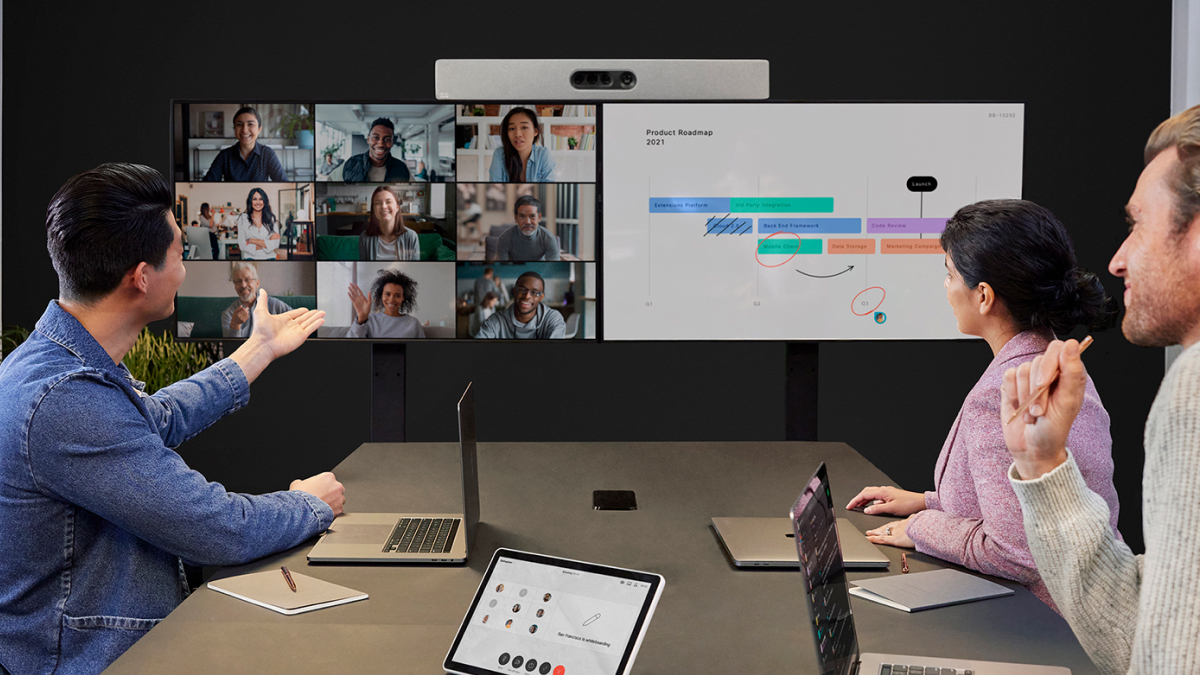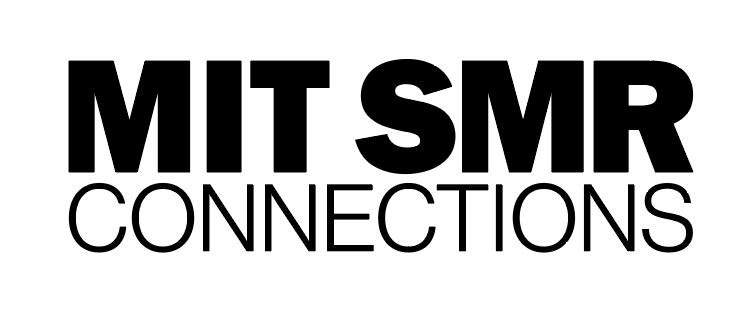Addressing the Biggest Challenges of Hosting Hybrid Events
Working at the office wasn’t the only casualty of the pandemic.
Almost as soon as the Covid-19 virus began spreading in early 2020, organizations canceled in-person meetings, town halls, trade shows, and other events and pivoted quickly to virtual events.
But even as vaccinations are increasingly available around the world, virtual events, which have proven to be scalable, safe, and cost-effective, are here to stay. In fact, a hybrid event model, combining the rich experiences of an in-person event with the reach and convenience of a virtual event, is emerging as the new programming standard.
Almost 50% of corporate event attendees consider hybrid events the ideal format for the future, compared to exclusively in-person or virtual-only events, according to Metrigy Research. Businesses are embracing this new reality. In 2021, 64% of businesses say they’re increasing their virtual events, and 58% say they’re planning for a mix of virtual and in-person events.
Virtual events should be just as interactive and engaging as the events hosted in the physical world. But as these worlds begin to blend, many event managers are still juggling a pre-pandemic mix of platforms for webinars, virtual events, and in-person events that can disorient, disengage, and dissatisfy event attendees.
Three Key Challenges of Hybrid Events
The pivot to hybrid events poses three key challenges—complexity, engagement, and personalization—to chief marketing officers and marketing event planners:
- Managing the increased complexity, cost, and risk associated with integrating different platforms, tools, and technologies
- Creating engaging, inclusive, and memorable event experiences that are equally rewarding for in-person and remote attendees
- Giving attendees bespoke experiences specific to their roles and interests before, during, and after events
To address all three challenges at once, organizations need to:
- Implement a single platform that supports events of any size and format, ranging from small-scale virtual webinars to large-scale hybrid conferences, to minimize the cost of managing multiple systems
- Use cutting-edge innovations such as next-generation audience engagement capabilities, real-time transcription and translation, and gamified content delivery from platform providers
- Enable continuous engagement with attendees by building communities that provide opportunities for networking and lead nurturing before, during, and after events
Let’s dive a bit deeper into each of these challenges and solutions.
Managing Costs and Complexity
Almost half of all organizations use more than one platform for internal webinars. If an organization relies on multiple meeting, webinar, and event platforms, moving to a single platform with a common interface to handle everything can cut costs, including training costs, significantly. When evaluating a new platform, ensure it offers a flexible pricing structure that meets all the various event needs, current and future.
Think big—and small and every size in between. Regardless of audience size, event-management platforms need to integrate seamlessly with content-delivery networks. Other considerations should include reliable performance and rich features such as detailed analytics, reporting, and the ability to monitor events in real time to improve the attendee experience.
Creating Memorable Experiences
Audience engagement is vital. A live metric for audience engagement shows when the audience is—or isn’t—actively listening. Accordingly, the event manager can determine whether the issue is content-related (e.g., a poorly delivered presentation) or a technical problem (e.g., poor audio or video quality) and take real-time corrective action.
When exploring event platforms, consider whether they can scale for event size, give the event management team detailed audience engagement analytics, and provide attendees interactive and more consumable content. According to Metrigy Research, event planners consider five features mission-critical in providing engaging, memorable experiences for attendees:
- Advanced presentation features such as the ability to superimpose the speaker on the content being presented
- Team collaboration capabilities that enable seamless collaboration with other event managers based on real-time event performance data
- Audience engagement capabilities that let speakers and presenters interact with the audience using dynamic polls and moderated Q&A
- Large audience and breakout room capabilities to support hundreds of thousands of attendees with optimized network performance while also enabling smaller sessions within the context of a larger event
- Seamless integration with other business applications (e.g., customer relationship management, marketing automation, and social amplification)
Continuous Attendee Engagement
The event-planning industry is shifting from an event-centric to an attendee-centric model. But event planners often struggle to engage with attendees before and after events—and that could get worse with hybrid events due to the lack of necessary capabilities within the tech stack or data silos among platforms.
When exploring solutions, consider replacing multiple event tools and platforms with a single unified platform. This would allow event planners to more quickly and easily derive detailed, actionable information about attendees. Ensure the chosen platform retains persistent data about attendee preferences and behavior across multiple events to enable delivery of personalized end-to-end experiences.
Additional considerations for continuous attendee engagement would be supporting attendee-to-attendee networking and community-building efforts that extend beyond the events.
Preparing for the Hybrid Event Future
No matter when and how the business world emerges from the pandemic, organizations should expect and plan for a growing number of hybrid events that combine in-person and virtual participation.
Adopting one versatile hybrid event platform can help organizations accommodate thousands of attendees without sacrificing quality, engagement, and participation. Being able to invite and facilitate interactions between all participants, during and after the event, is a game changer. It can save organizations significant training and operational costs. And best of all, a single, adaptable hybrid event platform can make a brand shine.
Learn how Webex by Cisco can help your organization excel in the hybrid-work era.
*Sponsor content from Webex as seen on HBR


